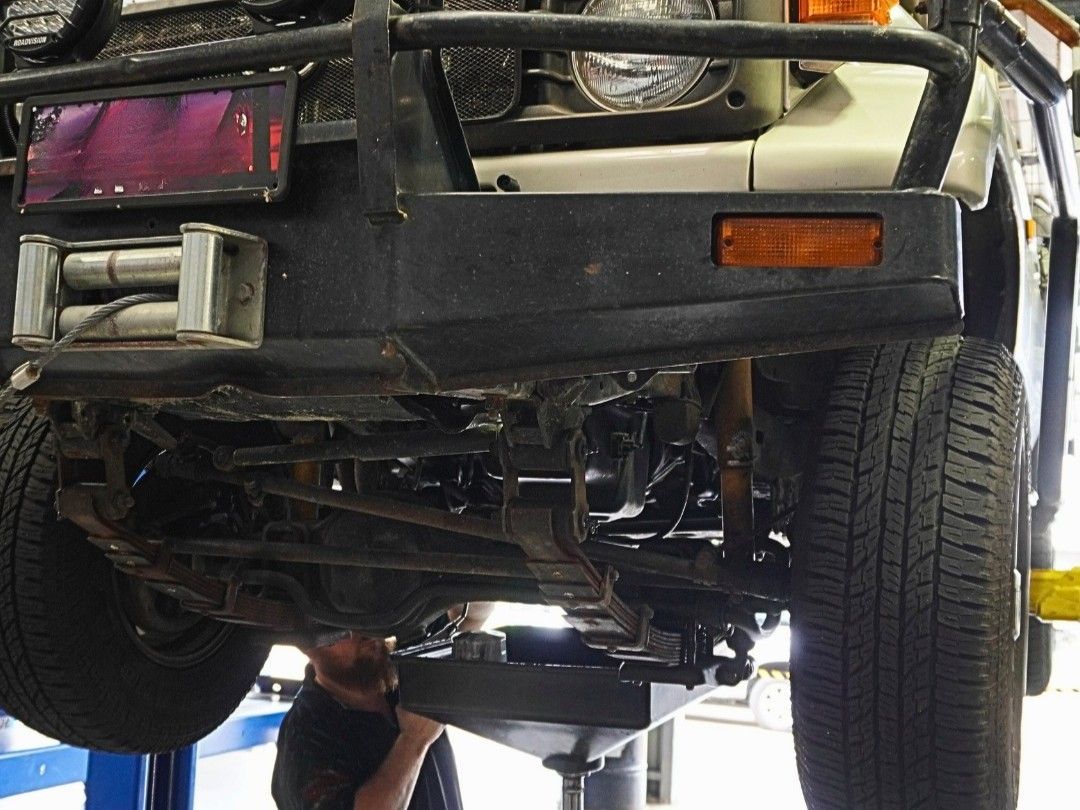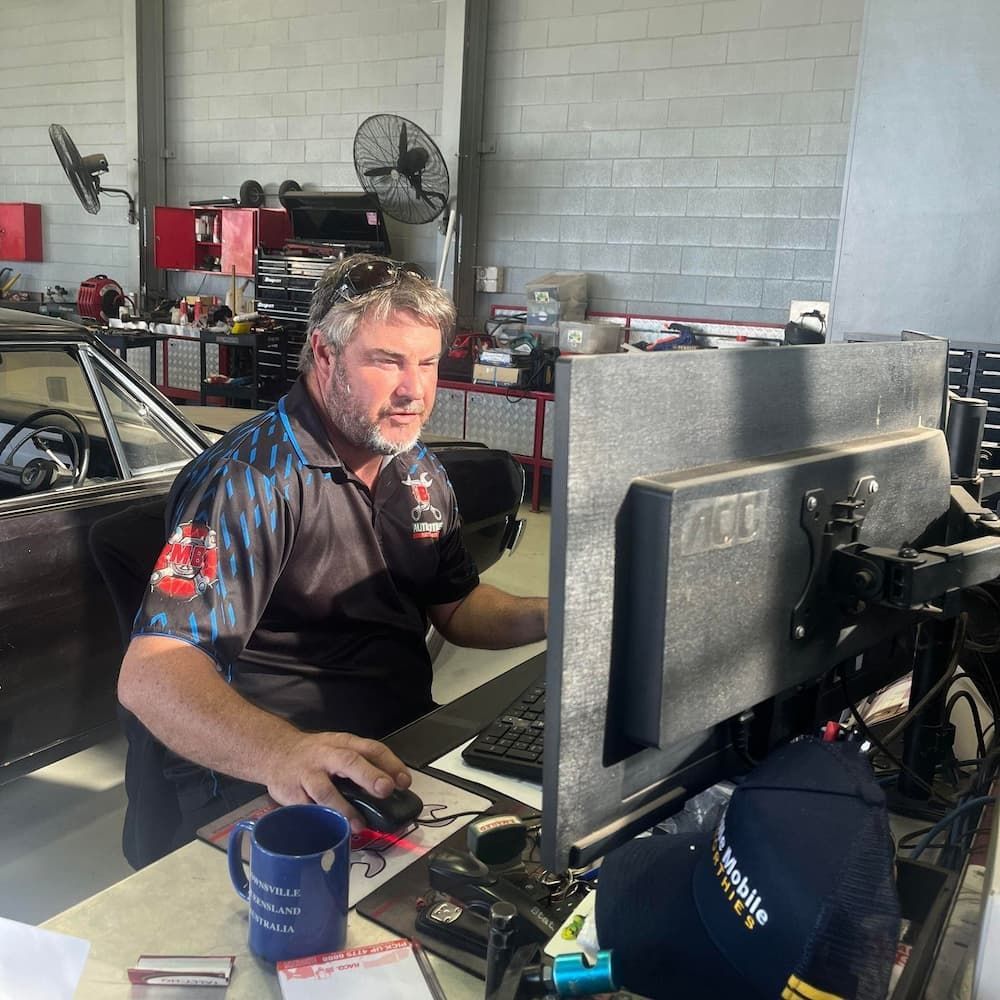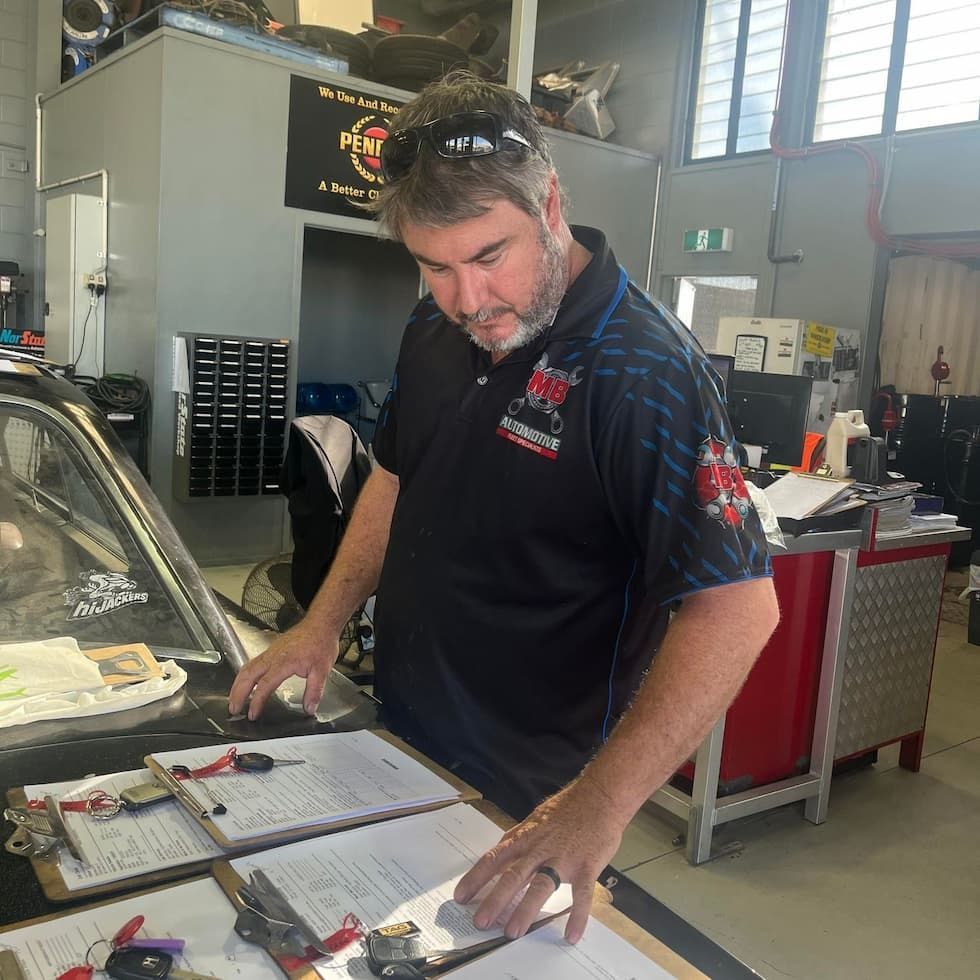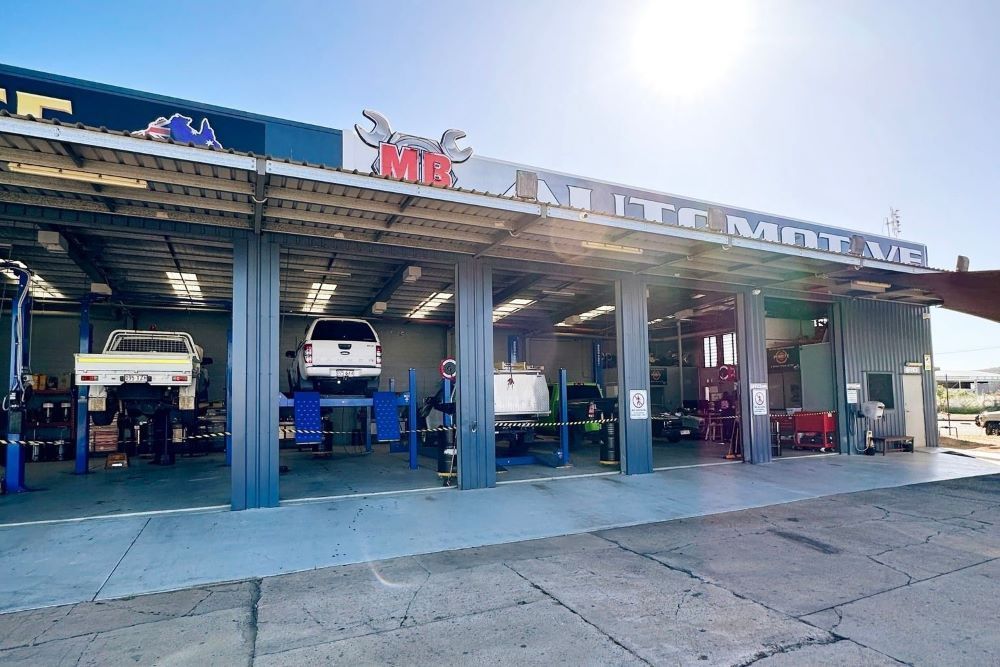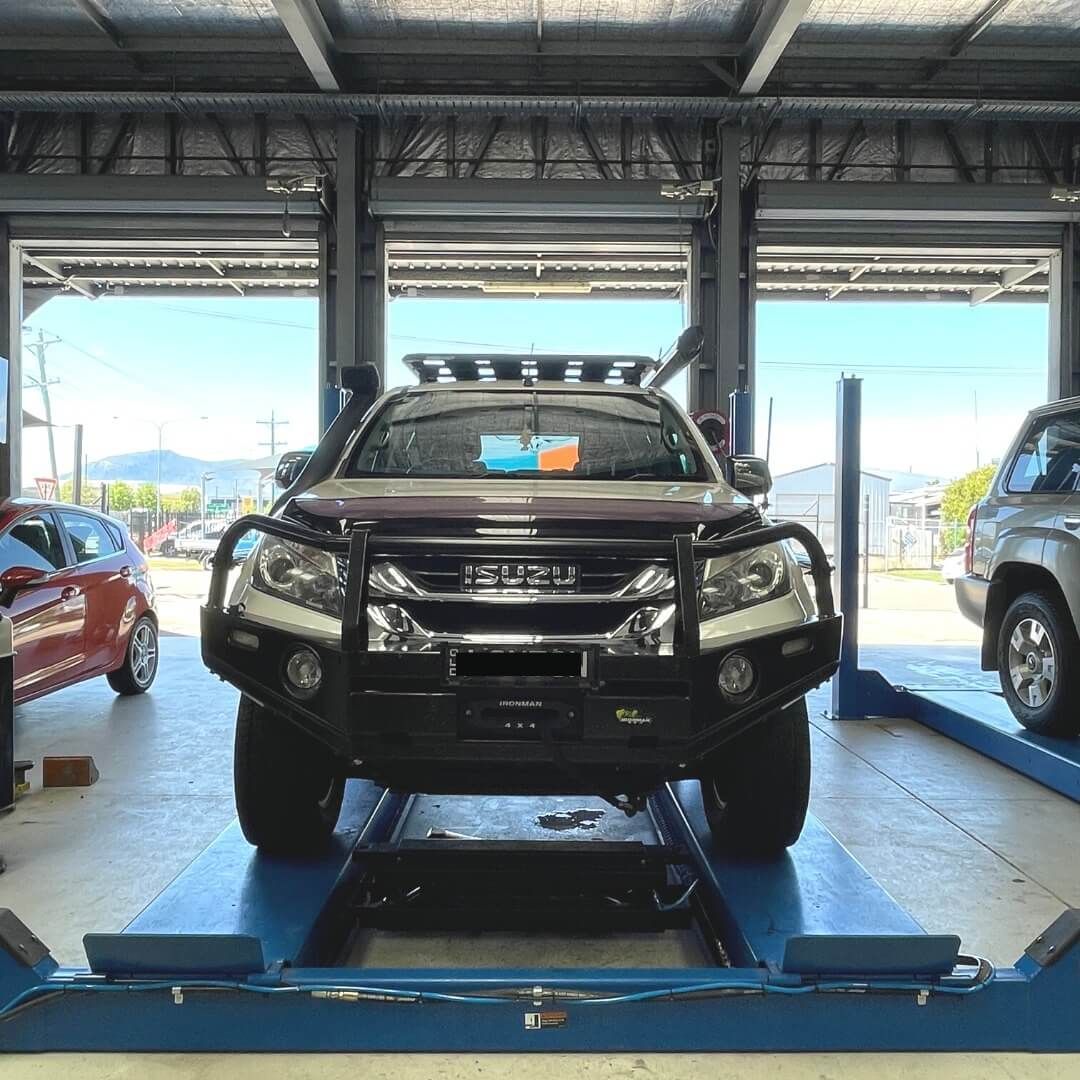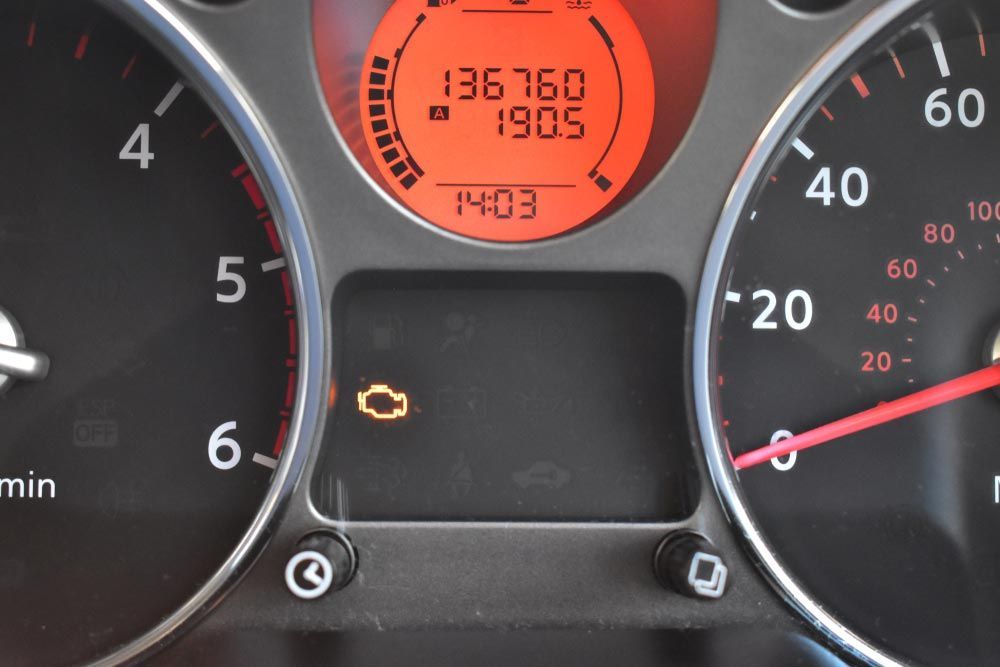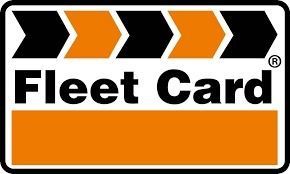Why Fleet Auto-Electrical Systems Deserve Specialist Attention
For fleet managers, downtime is costly. A single vehicle off the road can disrupt delivery schedules, delay services, and cut productivity. Surprisingly, many breakdowns aren’t mechanical—they’re electrical. In modern commercial vehicles, electrical systems are critical to performance, safety and compliance. When they fail, the impact goes far beyond just lights or ignition.
Fleet vehicles endure heavier workloads, longer hours, and more complex systems than private cars. From fuel delivery and navigation to air conditioning and sensors, their electrical components require fast, accurate diagnosis. That’s why it’s essential to partner with fleet mechanics in Townsville who specialise in these systems.
Here’s why your fleet’s auto-electrical systems need expert care—and how it can improve reliability, safety and operational control.
Understanding the Complexity of Fleet Auto-Electrical Systems
Modern commercial vehicles are no longer basic machines. They’re mobile workstations and logistics hubs packed with interconnected electrical components. The complexity of these systems has increased, especially in fleets where additional components and accessories are installed to support operations.
Common electrical components in fleet vehicles include:
- Alternators designed for continuous output over long hours
- GPS tracking systems and telematics units
- Dual battery systems for tools, lighting and accessories
- Trailer brake controllers and lighting systems
- Air-conditioning circuits and cabin power management systems
- CAN bus wiring and sensors coordinating multiple modules
These components demand skilled diagnostics and calibrated repairs. A mechanic can troubleshoot by replacing parts, but a fleet mechanic identifies root causes quickly, saving time and reducing unnecessary part swaps.
Common Electrical Issues Affecting Fleet Vehicles & Their Consequences
Fleet vehicles typically run under high electrical loads. Add aftermarket equipment like work lights, inverters, and refrigeration units, and the strain on the electrical system increases. This makes them prone to a range of recurring electrical problems.
Here are some common issues and how they affect operations:
- Battery failures: Short trips or long idling periods can prevent proper charging, causing flat batteries at critical times.
- Alternator issues: Constant high-load demand can wear down alternators prematurely, leading to charge failures.
- Wiring faults: Vibration, moisture, or dust can wear down wiring insulation, causing shorts or erratic behaviour.
- Air conditioning faults: Electrical faults in blower motors, relays or control units can impact driver comfort and visibility.
- Sensor or ECU faults: Issues with the control system can trigger warning lights or cause reduced engine performance.
Why Electrical Downtime is a Costly Problem for Fleet Managers
When a fleet vehicle suffers an electrical failure, the damage isn’t limited to the vehicle itself—it quickly cascades into operational and financial impacts.
Here’s how that downtime adds up:
- Job rescheduling: Bookings are missed, creating a knock-on effect across multiple clients.
- Lost revenue: Unused vehicles don’t generate income, even though they still incur insurance and finance costs.
- Disrupted driver scheduling: Extra admin is required to coordinate vehicle swaps or stand-down time.
- Emergency repair costs: Callouts and last-minute part sourcing are typically more expensive.
- Customer dissatisfaction: Missed deadlines affect customer relationships and reputations.
How Preventive Auto-Electrical Maintenance Minimises Disruption
Preventative maintenance isn’t just for engines and tyres. Proactive inspection, cleaning, and early intervention benefit electrical systems significantly.
Fleet mechanics in Townsville can create servicing plans that include:
Routine Diagnostics
Regular scans of ECUs, battery voltage testing, and load monitoring ensure problems are identified early.
Log-Based Servicing
Fleet software data helps forecast servicing needs based on actual run times, rather than fixed intervals.
Scheduled Electrical Part Replacements
Known high-wear parts like relays and batteries can be replaced before they fail, ensuring consistency across the fleet.
Specialist Tools & Diagnostics: The Backbone of Fleet Electrical Services
Fleet auto-electrical servicing requires diagnostic technology beyond a test light or basic scan tool. Mechanics need the right tools and deep system knowledge to maintain modern vehicles.
Specialist equipment used by fleet mechanics includes:
- OEM diagnostic software: Interfaces directly with manufacturer ECUs to retrieve codes and data.
- Battery analysers: Assess condition under load and predict end-of-life stages.
- Thermal imaging tools: Identify heat-related faults before components fail.
- Oscilloscopes: Used for examining sensor signals and finding micro-faults.
- CAN bus testers: Identify voltage drop, resistance or disconnection in data lines.
The Safety & Compliance Edge of Expert Electrical Servicing
Fleet vehicles are often subjected to stricter safety and compliance checks than standard cars. Electrical faults, if unaddressed, can lead to defects, violations, or even legal liability in an accident.
Specialist fleet servicing supports:
- Reliable brake lighting and indicator circuits
- ADR-compliant trailer and towing connections
- Functioning dash cameras and GPS tracking units
- Seatbelt warning systems and airbag electronics
- Scheduled logbook documentation for insurance and auditing
Supporting Long-Term Fleet Reliability Through Electrical Expertise
Electrical maintenance isn’t just about avoiding breakdowns—it also improves long-term asset performance. Many mechanical faults, such as underpowered fuel pumps or failed cooling fans, originate from or are influenced by poor electrical performance.
Maintaining your fleet’s electrical systems supports:
- Fuel efficiency: Smooth ECU function optimises injection, ignition and cooling control.
- Reduced component wear: A correctly functioning electrical system prevents overheating and under-voltage stress.
- Extended vehicle life: Well-maintained vehicles deliver more kilometres before major overhauls or replacements are needed.
This reduces whole-of-life costs and improves return on investment for every fleet asset.
Partnering with a Fleet Mechanic in Townsville: What to Expect
Working with a Townsville-based fleet mechanic gives you access to support that’s built for real-world fleet operations, not just one-off repairs.
Benefits of this partnership include:
- Responsive servicing: Fast turnaround for urgent repairs and regular service bookings.
- Centralised records: Digital logbooks, diagnostic history and service notes for every vehicle.
- Predictive maintenance: Use of fleet data to plan electrical part replacement cycles.
- Fleet-tailored parts: Faster access to the exact batteries, relays, sensors and alternators you use most.
- Direct support: Easy access to a technician who understands your fleet’s specific setup and use profile.
Streamline Your Automotive Fleet Management in Townsville Today
At MB Automotive, we don’t just fix faults—we help you prevent them. Our fleet mechanics in Townsville focus on the electrical systems that power your fleet’s safety, efficiency and reliability. We work with transport companies, contractors, couriers and field teams to keep vehicles compliant, responsive and ready to work.
Contact us via our contact page or
give us a call to book a service or learn more about fleet management in Townsville.

